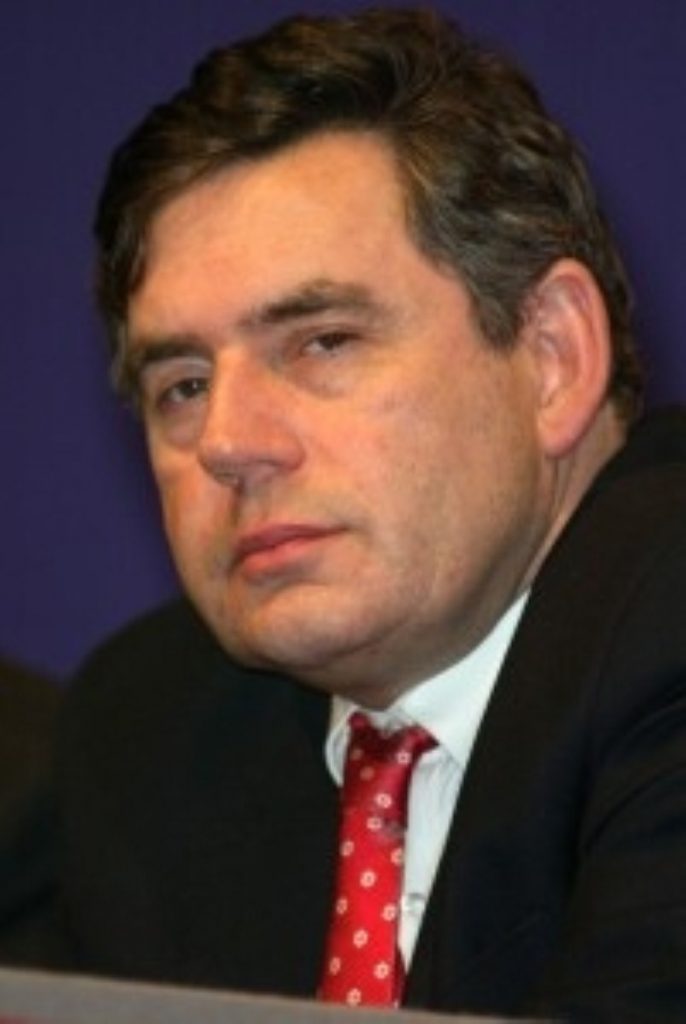Economy slows to ‘worrying’ level
Economic growth slowed to 0.1% in the last quarter from 0.5% in the fourth quarter of 2002, according to the Office For National Statistics.
The latest figures have concerned analysts, who have pointed out that any further slowing of the economy could see the UK slip into recession by the end of the year.
The poor performance – the weakest rate of growth in a decade, according to the Tories – is largely due to a fall in construction and a slowdown in growth of the service sectors.
A relatively warm spring also brought a significant fall of 3.4% in gas and electricity supply, and although there was good news for manufacturing – an increase in output of 0.1% – it is starting from a low base.


The weaker pound was good news for exporters with an increase of 2.2%.
Government investment in public services and consumer spending continue to be the main drivers of the economy.
Shadow Chancellor Michael Howard noted that the Government was worsening the economic problems by making life difficult for businesses.
“Labour has piled £15bn in tax and red tape costs on business, according to the CBI, making our firms less competitive. April’s rise in National Insurance was an £8bn tax on jobs and pay, making it yet more difficult for British business to win orders and create jobs.”
“It is no wonder people are losing confidence in Labour’s ability to manage the economy,” he added.
His Liberal Democrat counterpart, Matthew Taylor, was equally critical, claiming that further budget shortfalls loomed because of the Chancellor’s “optimistic growth forecasts”.
“Gordon Brown should allow his Budget to be independently audited so that business and the public can be assured that the Chancellor is not just crossing his fingers and hoping for the best,” he said.
The Chancellor has predicted that economic growth for this year will be between 2% and 2.5%, rising to between 3% and 3.5% in 2004.
Analysts have suggested that more realistic outlook would involve growth of less than 2% this year and around 2.5% next year.












